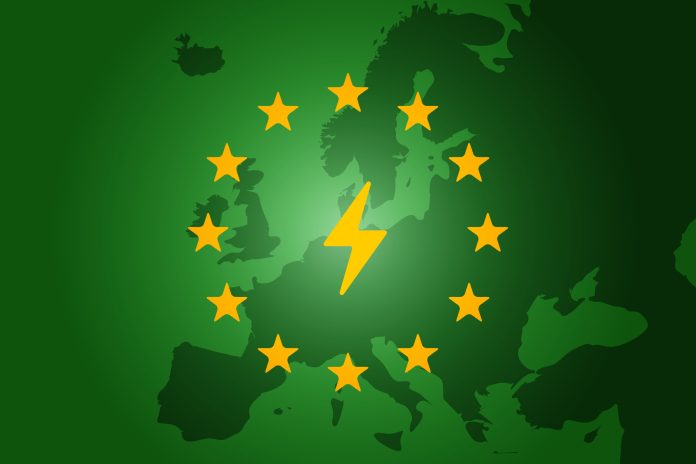Open Access Government unpacks the achievements and future of EU energy policy
On 16th July 2024, Commissioner Simson, at the European Energy Forum dinner debate, made a keynote speech: ‘Looking back at the last 5 years’ achievements and shaping tomorrow’s energy policy’.
EU energy policy achievements and challenges
In just a couple of years, the European Union (EU) has made excellent progress in decarbonising its economy through revised legislation, increased renewable energy and energy efficiency, supportive building renovation framework, new funding instruments, redefined electricity and gas markets, and a shift to decarbonised gases.
EU energy legislation has been revised in accordance with the ambitious Green Deal. However, Russia’s unjustified aggression in Ukraine was not foreseen at the start of the 2019-24 European Commission mandate.
The EU stayed united politically and accelerated its push for green initiatives. It implemented short-term emergency measures to help stabilise the market, address energy supply disruptions, and redirect excessive energy sector revenues. Additionally, Commissioner Simson noted that the EU ended its reliance on Russian gas through REPowerEU.
“Over two years on, the results are clear. Russia’s share in EU gas imports has dropped significantly: from 45% in 2021 to 15% last year.
We emerged from last winter with a record level of gas storage, around 60%. And more importantly, as mentioned, we also accelerated the clean transition,” Commissioner Simson said.
In the past two years, newly installed solar and wind capacity exceeded 100 GW, saving 24 billion cubic meters of gas. The renewable energy share in the electricity generation mix increased to nearly 45% last year. REPowerEU significantly advanced the clean energy transition, contributing to improved energy security and sustainability in Europe – achievements to be proud of.
The path forward for EU energy policy
Russian attacks on Ukraine’s energy infrastructure, which have caused significant damage, are troubling. As such, the Commission is committed to helping Ukraine restore its energy infrastructure before winter. The EU will support Ukraine this winter and until Russian troops withdraw and Ukraine achieves victory in the war. There can be no other result.
Commissioner Simson believes there is much more to come in EU energy policy. She will now explain.
“The next Commission mandate will be decisive for capitalising on Green Deal achievements and advancing further on the energy transition. The first next milestone will be the finalisation of solid and ambitious updated National Energy and Climate Plans.”
These plans are vital as they provide a clear path for the EU to meet our targets, guide private investors, and stimulate the necessary investments for its 2030 goals. They are also crucial for the EU’s 2040 objectives and achieving climate neutrality by 2050.
Secondly, it is essential to continue advancing infrastructure to support the EU’s competitiveness agenda. Through modern, upgraded, and digital grids, the EU will achieve its renewables targets.
“We will need electricity super grids to fit for a true Energy Union and our climate neutral objective. The gas network will have to be repurposed to transport hydrogen or CO2. And all of this requires investment – so there will be a great need to mobilise the necessary high-level public and private investment in the next institutional cycle,” Commissioner Simson explains.
Partnerships crucial for the clean energy transition
Simson believes that the clean energy transition requires strong partnerships. Efforts have been made to enhance the EU’s energy diplomacy and deepen energy relations with global partners. This collaboration supports partners in their economic, green, and digital transitions, fostering long-term mutually beneficial relationships for the economy, people, and the planet.
“Hydrogen is a good example, given it’s poised to be an internationally traded commodity. In a short space of time, we have concluded Memorandum of Understanding on hydrogen with a whole host of countries – Japan, Kazakhstan, Egypt, Namibia, Ukraine, and Uruguay, and soon also Saudi Arabia,” Commissioner Simson noted. (1)











